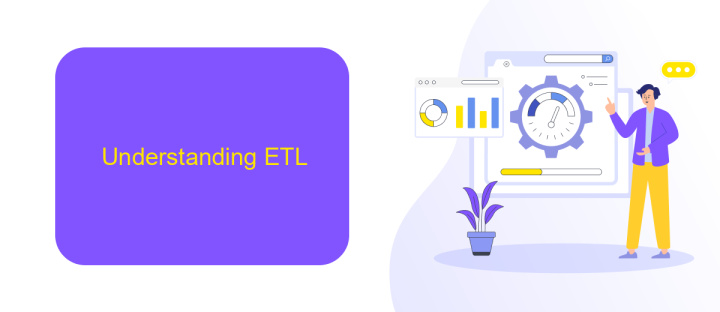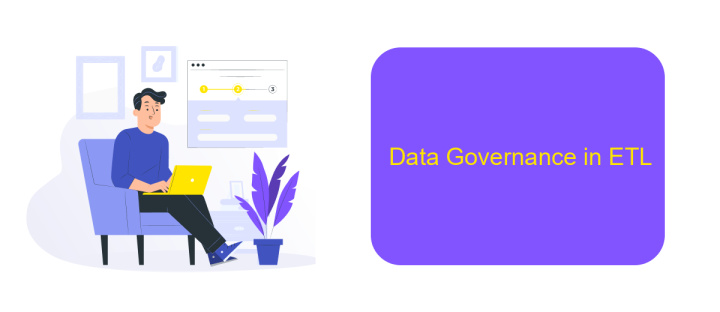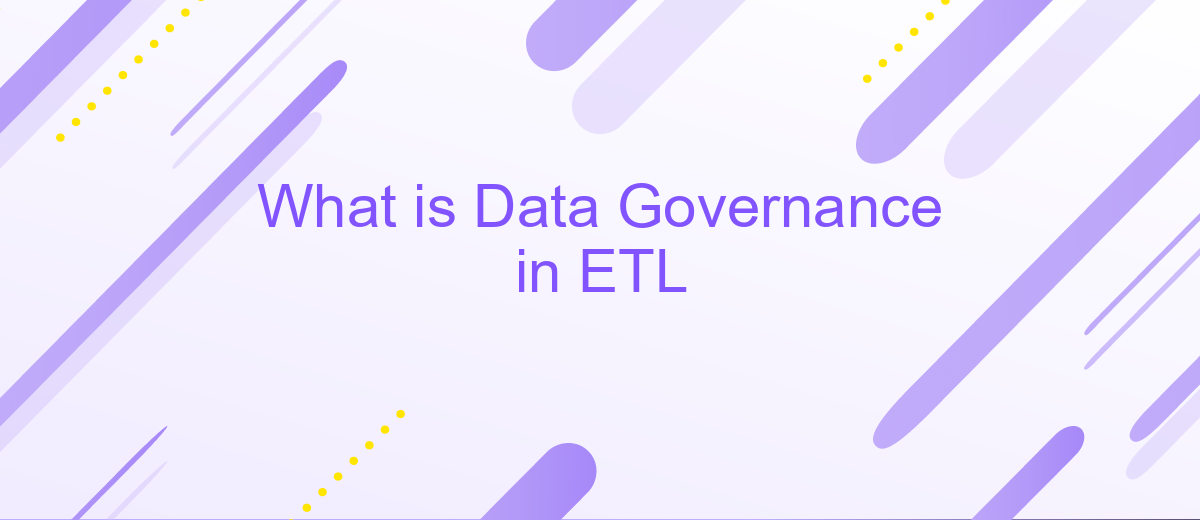What is Data Governance in ETL
Data governance in ETL (Extract, Transform, Load) is a critical framework that ensures data integrity, quality, and security throughout the data processing lifecycle. It involves establishing policies, procedures, and standards to manage data effectively, enabling organizations to make informed decisions. By implementing robust data governance, businesses can enhance compliance, reduce risks, and optimize the value derived from their data assets.
Introduction
Data governance in ETL (Extract, Transform, Load) is a critical aspect of managing and ensuring the quality, security, and compliance of data as it moves through various stages of processing. Effective data governance ensures that data is accurate, consistent, and used responsibly across an organization. It involves setting policies, standards, and procedures to manage data access, usage, and storage.
- Ensuring data quality and integrity
- Implementing data security measures
- Establishing data usage policies
- Monitoring compliance with regulations
One of the tools that can significantly aid in data governance is ApiX-Drive, a service that simplifies the integration of various data sources and applications. By automating data flows and ensuring seamless data transfers, ApiX-Drive helps organizations maintain data consistency and reliability. This, in turn, supports robust data governance practices, allowing businesses to make informed decisions based on trustworthy data.
Understanding ETL

ETL, which stands for Extract, Transform, Load, is a fundamental process in data management and integration. It involves extracting data from various sources, transforming it into a suitable format, and loading it into a target database or data warehouse. This process ensures that data is consolidated, consistent, and ready for analysis. ETL is crucial for businesses to make informed decisions based on accurate and timely data.
Integrating multiple data sources can be complex, but services like ApiX-Drive simplify this process. ApiX-Drive allows users to automate data transfers between different applications and services without the need for coding. By using such tools, businesses can streamline their ETL processes, reduce manual efforts, and ensure data accuracy. This not only saves time but also enhances the reliability of the data being used for strategic decision-making.
Defining Data Governance

Data governance is a critical aspect of managing and utilizing data within any organization. It involves the creation of policies, procedures, and standards to ensure the accuracy, consistency, and security of data. This framework helps organizations make informed decisions, maintain regulatory compliance, and enhance data quality.
- Establishing data ownership and accountability.
- Defining data standards and policies.
- Implementing data quality management processes.
- Ensuring data security and privacy.
- Monitoring and auditing data usage and compliance.
Effective data governance requires the integration of various tools and services. For instance, ApiX-Drive can facilitate seamless data integration across multiple platforms, ensuring data consistency and accessibility. By automating data workflows and providing real-time data synchronization, organizations can maintain high data quality and streamline their ETL processes. This comprehensive approach to data governance not only improves operational efficiency but also supports strategic decision-making.
Data Governance in ETL

Data governance in ETL (Extract, Transform, Load) is a critical aspect of managing data effectively. It ensures that data is accurate, consistent, and accessible, which is essential for making informed business decisions. Implementing robust data governance practices can help organizations maintain data integrity and compliance with regulatory requirements.
One of the key components of data governance in ETL is data quality management. This involves setting up processes to monitor and improve the quality of data as it moves through the ETL pipeline. Another important aspect is data lineage, which helps track the origin and transformation of data, providing transparency and accountability.
- Data quality management
- Data lineage tracking
- Compliance with regulatory standards
- Access control and data security
Integrating data governance tools with ETL processes can be simplified using services like ApiX-Drive. ApiX-Drive helps automate data integration, making it easier to manage data flows between different systems while ensuring compliance and data quality. By leveraging such services, organizations can enhance their data governance framework and achieve better control over their data assets.


Benefits and Implementation
Implementing data governance in ETL (Extract, Transform, Load) processes brings numerous benefits, including improved data quality, consistency, and compliance. By establishing clear policies and procedures, organizations can ensure that data is accurate, complete, and reliable. This not only enhances decision-making but also reduces risks associated with data breaches and regulatory non-compliance. Furthermore, data governance promotes better collaboration between departments, as everyone adheres to the same standards and practices, leading to more efficient and effective operations.
To successfully implement data governance in ETL, organizations should start by defining their data governance framework, which includes setting roles and responsibilities, establishing data standards, and creating data stewardship programs. Utilizing integration services like ApiX-Drive can streamline this process by automating data flows and ensuring seamless connectivity between various data sources. ApiX-Drive offers a user-friendly interface that allows businesses to easily configure and manage their data integrations, thereby supporting the enforcement of data governance policies. Regular monitoring and auditing of ETL processes are also essential to maintain data integrity and compliance over time.
FAQ
What is Data Governance in ETL?
Why is Data Governance important in ETL processes?
What are the key components of Data Governance in ETL?
How can we automate Data Governance in ETL?
What challenges might arise in implementing Data Governance in ETL?
Do you want to achieve your goals in business, career and life faster and better? Do it with ApiX-Drive – a tool that will remove a significant part of the routine from workflows and free up additional time to achieve your goals. Test the capabilities of Apix-Drive for free – see for yourself the effectiveness of the tool.

